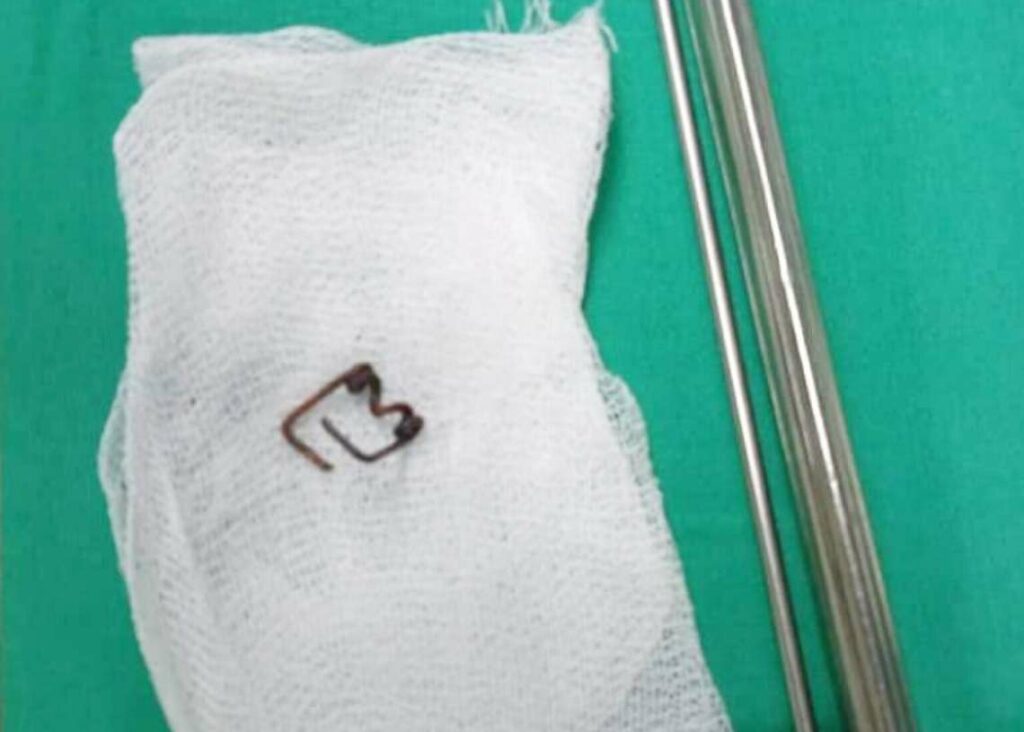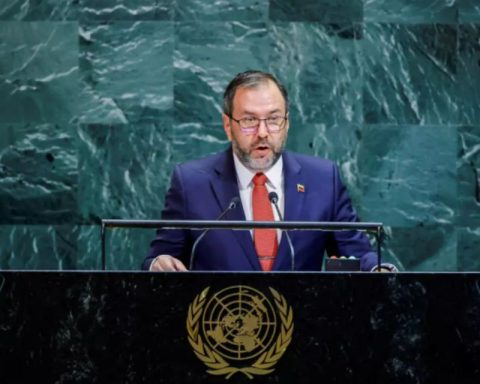May 10, 2023, 10:43 PM
May 10, 2023, 10:43 PM
The first results of a clinical trial with 16 volunteers showed that a experimental and personalized messenger RNA vaccine induces substantial immune response and potentially delays the relapse of patients in a form of pancreatic cancer, pancreatic ductal adenocarcinoma.
It does this when used with other treatments, such as chemotherapy, surgery, and a type of immunotherapy. The results of the phase 1 clinical trial are published in the journal Nature, in an article led by researchers from the Memorial Sloan Kettering Cancer Center (United States).
Study shows that personalized messenger RNA vaccines “they show promise” in pancreatic cancer, points out Nature.
Lethal in 88 percent of patients
Pancreatic ductal adenocarcinoma has low survival rates. A combination of surgical and medical therapies can delay recurrence, but their success rates are low.remember the magazine.
Recent literature suggests that most of these cancers harbor elevated levels of neoantigens, which are cell surface proteins that can arise on the surface of tumors following certain types of DNA mutations.
These proteins may be the target of personalized vaccine therapies in order to enhance T cell activity and improve outcomes.
As the authors summarize in their article: Pancreatic ductal adenocarcinoma is lethal in 88 percent of patients, yet it harbors mutation-derived T-cell neoantigens that are suitable for vaccines.
In this phase 1 clinical trial, Vinod Balachandran and his team administered a personalized mRNA vaccine in combination with chemotherapy and immunotherapy to 16 patients. The vaccine was prepared according to the characteristics of the tumor of each patient.
They observed substantial T cell responses in 50 percent of them, “indicating that the vaccine may induce an enhanced immune response.”
At 18-month follow-up, patients with vaccine-expanded T cells had a longer median recurrence-free survival in comparison with patients without vaccine-expanded T cells (13.4 months).
These results demonstrate the potential of individualized messenger RNA (mRNA) vaccines. in the treatment of this pancreatic cancer, in addition to providing evidence of its general efficacy as a therapeutic tool in the treatment of the disease.
This type of mRNA vaccine put a stop to COVID-19, a technology that, however, was initially conceived to try to develop vaccines against cancer.
This is a fertile field of research thanks to better knowledge of the immune system and technical developments.
The authors note that despite the limited sample size, these early results suggest that larger studies of this type of preparation are warranted.

















